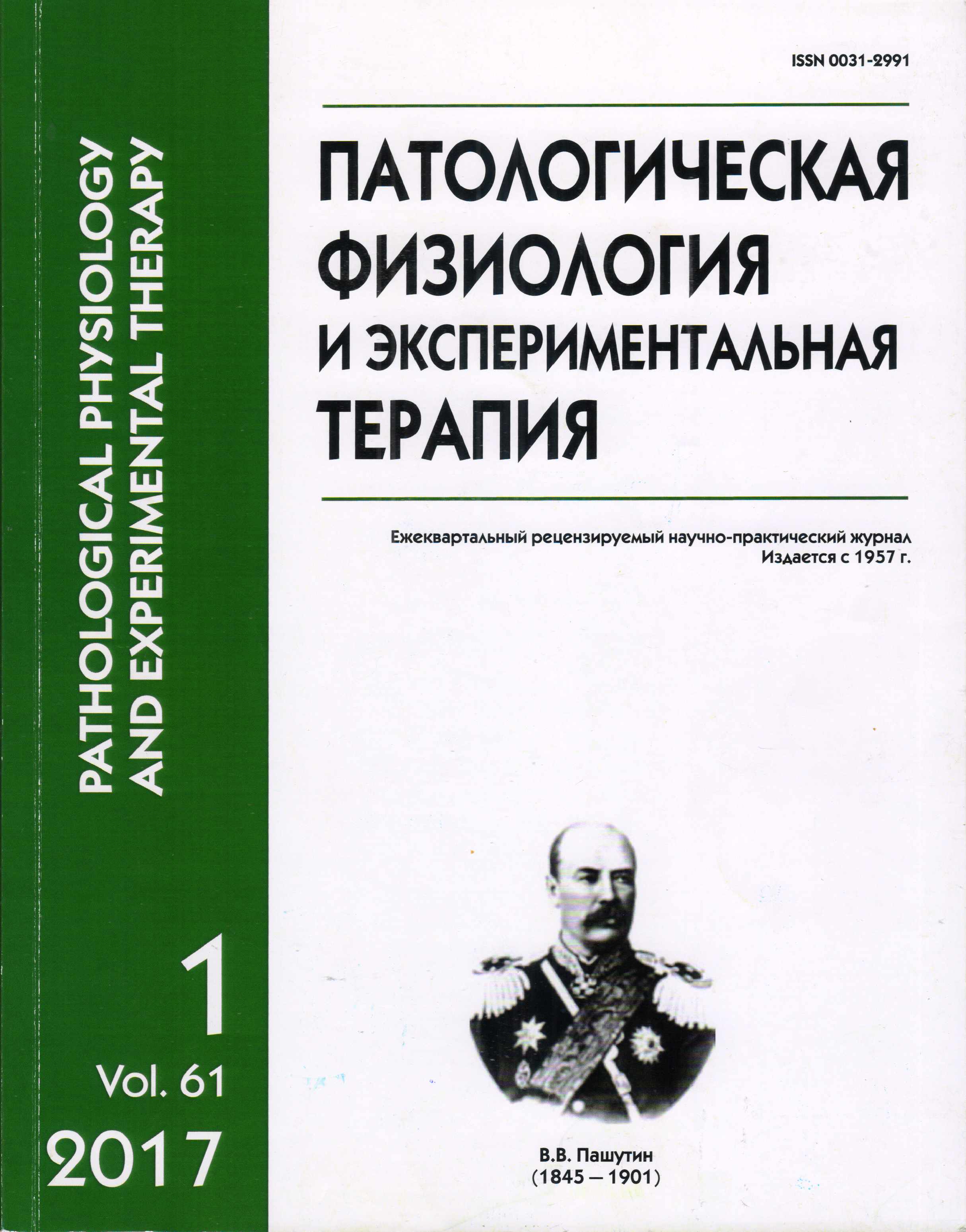Pathogenetic evaluation of immunologic reactivity in crush syndrome
Abstract
The purpose. Pathogenesis evaluation of adaptive immune system and immunomorphology lymphoid organs in experimental crush syndrome. Methods. crush syndrome I, II и III stage of hard was modeling by injury-crushing on 2, 4 и 6 houres after limb compression in rats. The level of solube CD3G, CD19, TNF-a, IL-6 and IF-g was measuring by IEA methods. The pathomorphologic changes was evaluated on histologic slides. Results. It was shown that compression trauma induces multi-system changes including endotocsemia, hyperproduction of proinflammatory cytokines TNF-a, IL-6, IF-g and cortisol, high serum levels of soluble CD3G and CD19, intensive changes of structural and functional changes in lymphoid organs. Conclusion. The results obtained were shown the intensive changes of adaptive immune systems including stress reaction and hypercortisolemia.






